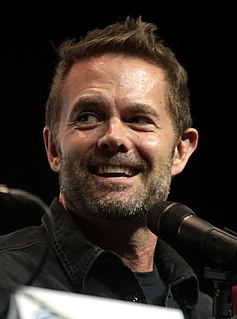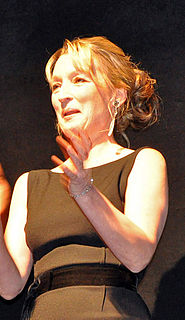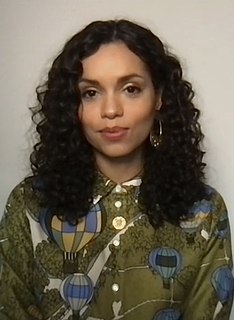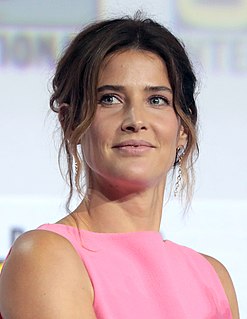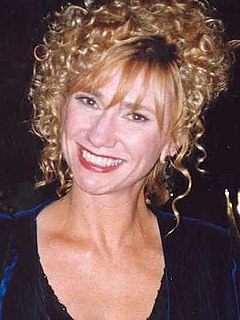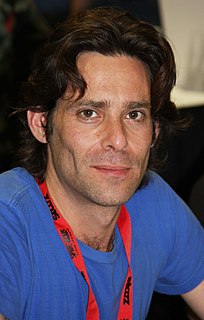A Quote by Garret Dillahunt
In the past, if you did film, you couldn't do stage, and if you did film, you certainly didn't do television. You had to pick what you wanted to be. Now it seems like we can bounce around, not only between genres, but between mediums, and I like that. I like change and I like a good story.
Related Quotes
It's like somehow my favorite filmmakers, you know, bounce between genres. Like if you look at a career of somebody like Soderbergh or Danny Boyle or the Coen's. I mean, it goes - there's no real through line other than just their style, but the type of genre or the type of subject matter seems to go all over.
Stage is the ultimate test; I like watching established screen actors on stage to see if they can really do it. But it's great to have a healthy mixture of the two. Film is so technical: there's something very particular about the relationship between you and the camera. It took a long time for me to get good on film.
Animation, for me, is a wonderful art form. I never understood why the studios wanted to stop making animation. Maybe they felt that the audiences around the world only wanted to watch computer animation. I didn't understand that, because I don't think ever in the history of cinema did the medium of a film make that film entertaining or not. What I've always felt is, what audiences like to watch are really good movies.
I like to act in films, I like to shoot 'em, I like to direct 'em, I like to be around 'em. I like the feel of it and it's something I respect. It doesn't make any difference whether it's a crappy film or a good film. Anyone who can make a film, I already love. But I feel sorry if they don't put any thought in it because then they missed the boat.
Plays are literature: the word, the idea. Film is much more like the form in which we dream - in action and images (Television is furniture). I think a great play can only be a play. It fits the stage better than it fits the screen. Some stories insist on being film, can't be contained on stage. In the end, all writing serves to answer the same question: Why are we alive? And the form the question takes - play, film, novel - is dictated, I suppose, by whether its story is driven by character or place.
As readers, we remain in the nursery stage so long as we cannot distinguish between taste and judgment, so long, that is, as the only possible verdicts we can pass on a book are two: this I like; this I don't like. For an adult reader, the possible verdicts are five: I can see this is good and I like it; I can see this is good but I don't like it; I can see this is good and, though at present I don't like it, I believe that with perseverance I shall come to like it; I can see that this is trash but I like it; I can see that this is trash and I don't like it.
Film and television as a medium has only very recently begun to be taught at the great drama schools in the UK. When I was at drama school in the UK, I was there for two and a half years, and we did one week of television and film. It's right before you leave. It's like, "We've taught you Anton Chekhov and William Shakespeare, you are likely to be in a washing-up soap-liquid commercial."
